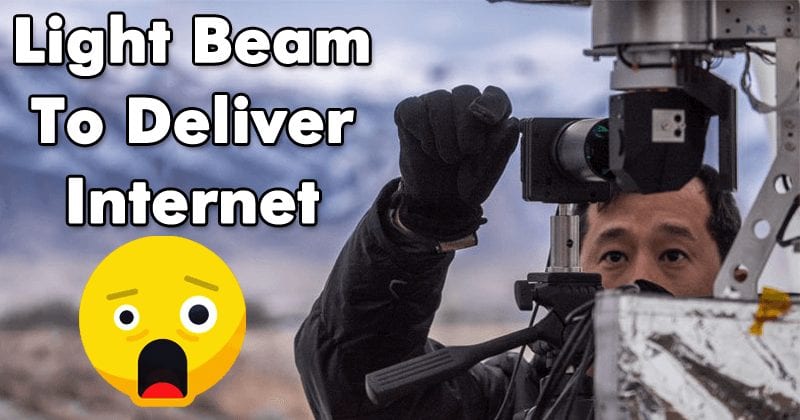However, after the social network giant Facebook, now the tech giant Google also wants to join the race and has been working to spread the reach of the internet across the globe. Google was already providing free internet at railway stations in countries like India. We all know that right now fiber is the fastest form of internet connection. However, it wasn’t possible to lay wires everywhere. So, Google is working on Project Loon. Google has filed a patent (US 20170005719) which was spotted by Patent Yogi. The patent shows that Google is building a constellation of satellites moving along specified trajectories across the globe. The satellites will help to create the communications that are beyond the reach of current wired and wireless networks. Less-populated areas often suffer to connect to the Internet: providers and infrastructure are lacking, and prices are often sky-high to offset the investment. The tech giant Google is working with a carrier in India to provide access in a different way using light beams. It is easy to forget that the data on the internet is already transmitted, in part, in the form of light. The electrical signals are converted into bundles which then travel through the optical Fiber. However, installing cables takes time and money, and is not always economically worthwhile. In turn, FSOC (free-space optical communications) technology does not require Fiber: it uses light beams to transfer data up to 20 Gb/s over long distances. FSOC (free-space optical communications) enclosures can be installed on rooftops or towers, and the signal easily crosses obstacles such as rivers, roads and railways. However, as Reuters remembers, the connection may suffer problems in bad weather or with misalignment between the boxes. The tech giant Google has already used this technology in Project Loon by sending a copy of the movie Academy of Geniuses between two balloons 100km away. It worked well in the stratosphere and will go through its greatest test near the surface. Indian operator AP State FiberNet will install two thousand FSOC (free-space optical communications) boxes created by the team from Alphabet’s X-lab. These links will be installed within 20km of each other, and “will fill critical gaps at key access points such as Wi-Fi hotspots and cellphones,” according to the tech giant Google. FiberNet operates in the state of Andhra Pradesh, home to more than 53 million people, and where less than 20% of the population has access to broadband. The state government has pledged to connect 12 million families by 2019. Even, this year, the tech giant Google used their balloons Project Loon to provide internet in many necessary regions of different countries, which was connected millions of people. The access is made via 4G, with speed of up to 10Mb/s. So, what do you think about this? Simply share all your views and thoughts in the comment section below.
Δ


